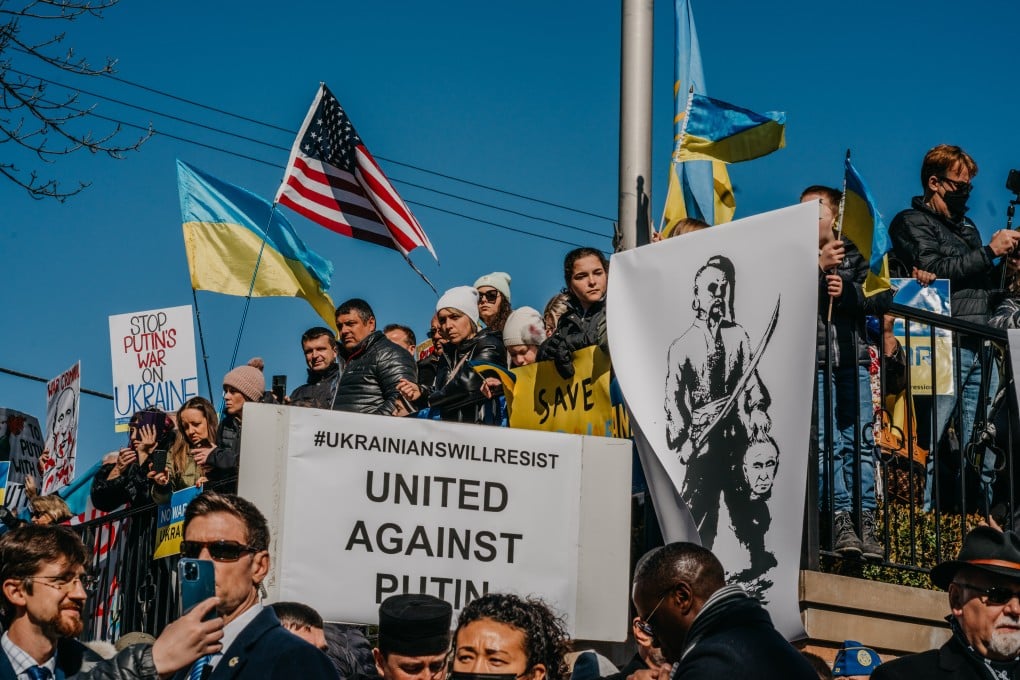Advertisement
Opinion | What Russia should learn about the limits of ideology in the real world, China should too
- Putin wants to restore Russia to what he perceives as its former glory, but his invasion of Ukraine is unlikely to play out as he wishes. China, with its dream of national rejuvenation, will surely be watching
Reading Time:3 minutes
Why you can trust SCMP
98

President Xi Jinping and his Russian counterpart Vladimir Putin have grown closer in the last couple of months. This was particularly obvious when Putin was made Xi’s guest of honour at the opening gala of the Winter Olympics earlier this year. Nothing could come between the two new friends, the two declared in a joint statement after their meeting on the sidelines.
However, the recognition of the separatist regions Donetsk and Luhansk by Putin three weeks later put the new friendship under strain. Beijing would not have been keen on supporting this step, having argued that the “territorial integrity” of a sovereign state should remain untouched. In the eyes of the Communist Party, accepting the two territories as new countries would leave room for the statehood of Taiwan, which Beijing views as a breakaway province.
From one perspective, the invasion of Ukraine by the Russian military is more aligned with Beijing’s aim of reunification between Taiwan and China. Putin’s rhetoric in this case resembles that of Xi. The “Holy Rus”, according to Putin, includes Ukraine and the Baltic states. He therefore does not regard those countries as legitimate, sovereign states, but as inseparable parts of Russia. Putin wants to restore Russia to what he perceives as its former glory – a glory stolen by Western nations in the aftermath of the collapse of the Soviet Union.

President Xi also wants to end the “century of humiliation” inflicted on China by Western powers. The “rejuvenation of the Chinese nation” will therefore only be complete when Taiwan is incorporated into the People’s Republic of China. Achieving this goal, international observers have no doubt, would mean an invasion of the island.
Beijing, by contrast, would call it an internal affair – hence the unwillingness by a spokesperson of the Chinese foreign ministry to call Russia’s military action in Ukraine an “invasion”.
Both Putin and Xi have vowed to achieve their respective goals regarding Ukraine and Taiwan in a similar fashion. Both see themselves working for and on the behalf of “History” – perhaps best understood as some kind of mythological goddess (comparable with Fortuna, the Greek goddess of fate). In both leaders’ world views, History has granted a special place for their countries.
In the case of China, this idea is already manifested in its name: Zhongguo, or, “the realm in the centre of the world”. Russia, meanwhile, sees itself as heir to the Roman Empire, as once did the Franks, the Ottomans and others. For Putin, Orthodox Christianity is the thread running from antiquity to the present that underpins this claim.
Advertisement
Select Voice
Choose your listening speed
Get through articles 2x faster
1.25x
250 WPM
Slow
Average
Fast
1.25x
